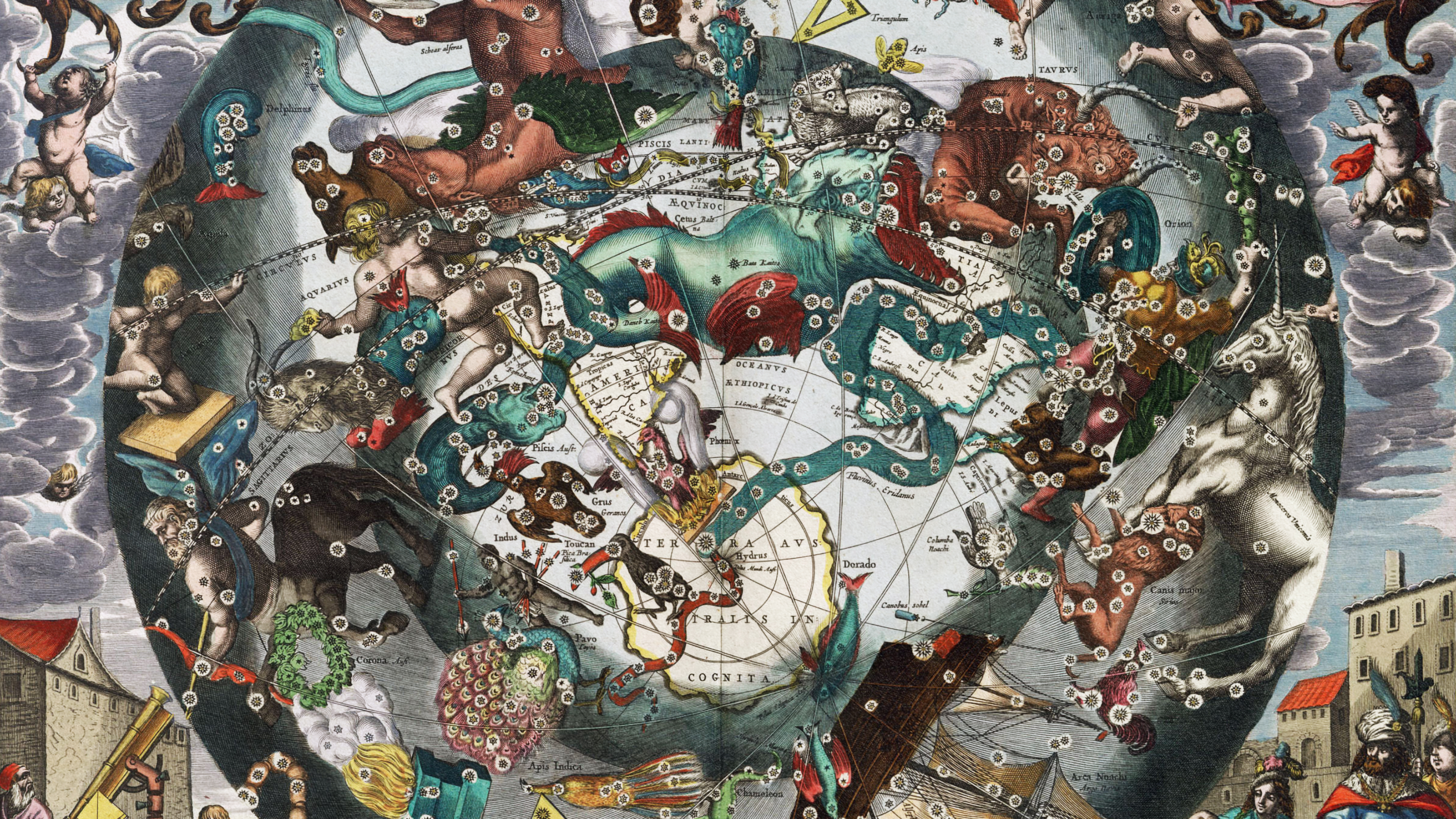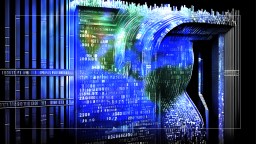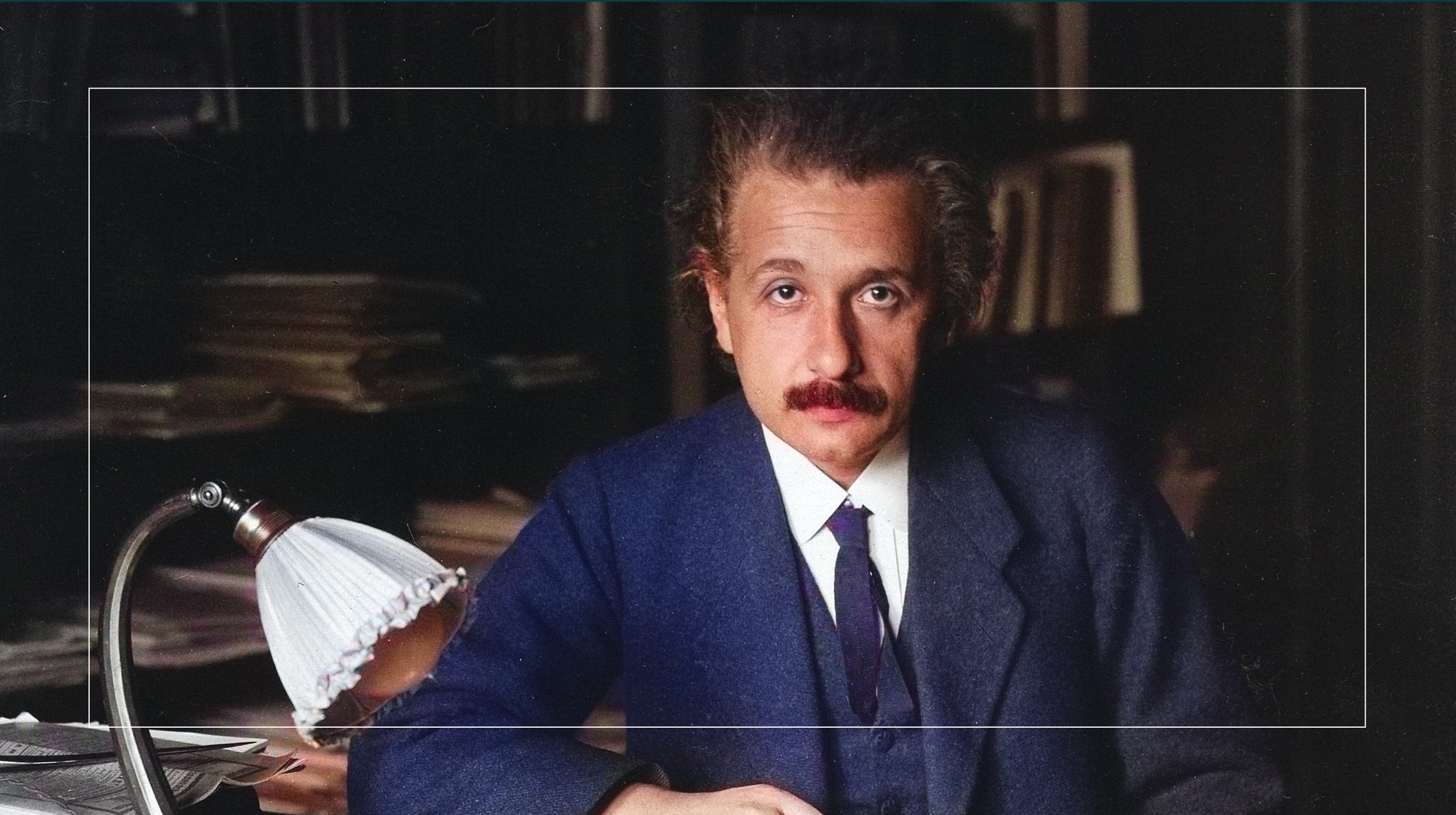Is math real? The answer has major practical and philosophical implications

- More than 2,000 years ago, Plato proposed mathematics as a hidden, ideal reality that underpinned this one.
- All these centuries later, mathematics has grown ever more abstract, yet its real-life implications are more precise than ever and are key to the functioning of every aspect of modern life.
- But is math a universal reality? The answer could determine whether we would be able to communicate with aliens.
You are surrounded by abstract mathematics even if you do not know it. In fact, math may be the main reason why you, me, and a lot of other folks in the modern world are alive and functioning. The device you are reading these words on could only be fabricated because of sophisticated equations associated with quantum mechanics. Most of the food and the other products you buy made it to your store thanks to the subtle mathematics spinning around supply chain dynamics. So yes, you are surrounded by the real-world consequences of mathematics, however abstract they are. But beneath that important fact lies a deeper and more important question.
Is that mathematics real?
Are the truths embodied in all that math real, in and of themselves? Is mathematics somehow inscribed into the fabric of reality, the very thoughts of God? (This can be a metaphor or not, depending on your inclination.) On the other hand, maybe math is just something we invent. Maybe it is a language like any other — one that happens to be super useful for building computers and running supply chains.
There is a lot hanging on the answer to this question, including our ability to talk to aliens, should we ever meet any.
Math as the bones of the world
The idea that mathematics is the only true reality dates all the way back to the philosopher Plato more than 2,000 years ago. For Plato, mathematics, which for him was geometry, revealed a hidden reality underpinning this one. Math to Plato was like an invisible skeleton upon which the flesh of the world is hung. The geometrical relationships for a triangle constitute the perfect and true triangle. All the triangles you encounter in your life, however, are flawed, lesser examples of the ones math describes. In this way, everything you experience is a poor facsimile — a shoddy copy of the ideal forms of mathematics.
You might think this is just some ancient Greek version of nerdiness. But as the centuries spun on and modern science made its spectacular appearance in the 16th century, Platonism’s high appraisal of mathematics gained new followers. In the wake of Isaac Newton, the application of sophisticated mathematics to real-world problems became impossible to ignore. Newton’s invention of calculus ushered in a new era wherein dynamical equations could predict everything from the motion of planets to the trajectory of a cannon ball.
After Newton, these dynamical equations took on ever more abstract forms. In the hands of scientists like Joseph-Louis Lagrange or William Hamilton, the mathematics for something like a planet orbiting the Sun was projected onto a geometry that resembled multi-dimensional donuts. Know the properties of hyper-donut, and you could predict the motion of the planet.
If that level of abstraction wasn’t already strange enough, Einstein’s relativity would soon appear with its four-dimensional geometry for spacetime. The hyper-weird, abstract math of quantum mechanics followed. So rarified had the math become that it took years for even the most brilliant minds to master.
What really mattered, though, was that it worked.
A universal or colloquial language?
The abstractions yielded answers that allowed you to build computers, fly space probes to Mars, or describe the structure of matter. The uncanny ability of abstract mathematics to describe the world prompted the great theorist Eugene Wigner to write “The Unreasonable Effectiveness of Mathematics in the Natural Sciences.” In this famous essay, Wigner says, “The miracle of the appropriateness of the language of mathematics for the formulation of the laws of physics is a wonderful gift which we neither understand nor deserve.” That is why so many physicists have been Platonists in one form or another about the mathematics in their mathematical physics. It just seems like that mathematics is tapping into something that exists below this world — something that gives it a foundation.
Or maybe not.
For many mathematicians, physicists, and philosophers, this view of equations as “the thoughts in God’s mind” is a big mistake. For them, math works because we invented it. Its usefulness is a reflection of the fact that we, and our brains, evolved in the world. Our mathematical inventions work because our embodiment in the world means that we already are tuned to how it behaves. (This is the famous view of cognitive scientist George Lakoff.) Further complicating the argument, not all of our mathematics does work in the world. Much of it finds no expression in physics at all. There is a wide variety of non-Platonist views that deny the idea that math is the most real thing there is.
So, which is it? The answer clearly has some heavy philosophical implications, but there are practical consequences too. If we were ever to make contact with an alien species, how might we communicate with them? If Platonism is right, then all mathematical truth would have to be universal. Alien mathematics would have to be the same as our mathematics. In that case, we could use math as a kind of interstellar Rosetta Stone. It would give us a way to begin to understand each other. But if mathematics really is something invented and not discovered, there would be no reason to think alien math has anything to do with our own. In that case we might never be able to communicate.
So what do you think? Are you really just a shadow of a deeper set of mathematical truths? Or are you and your experience the precondition for there to be any mathematics at all?





